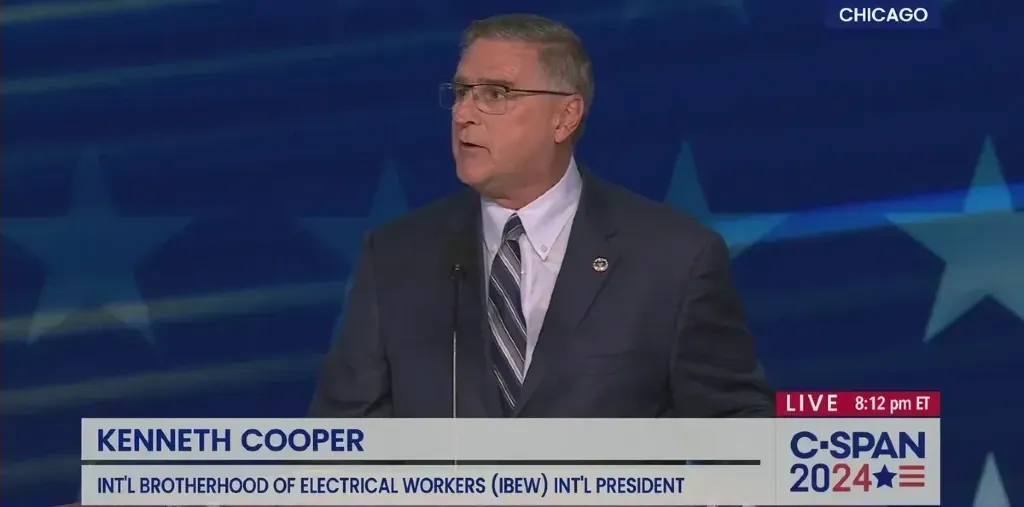Accessibility Needs Take Center Stage in FCC’s Customer Service Inquiry
Telecom providers say new mandates are unnecessary, point to market-driven solutions.
Jericho Casper

WASHINGTON, Nov. 25, 2024 – Renewed scrutiny of telecommunications customer service by the Federal Communications Commission has ignited debate over how, or if, industry practices should be regulated to protect consumers.
While nearly 40 consumer advocates and organizations like the National Association of the Deaf called for stronger protections to address customer service gaps, industry giants like USTelecom and NTCA – the Rural Broadband Association argued that competition alone drives sufficient accountability.
The FCC inquiry, initiated by a narrow 3-2 vote in October, sought to gather public input on addressing widespread consumer service issues across the broadband, cable, satellite TV, and phone industries. Key concerns included difficulties with service cancellations, lengthy wait times, unexpected fees, and unexplained service outages.
More than two-thirds of the respondents to the FCC’s inquiry were accessibility advocates, urging the agency to adopt Direct Video Calling for deaf and hard of hearing customers, while still more called for better accommodations for blind and visually impaired consumers.
“For people who are blind, have low vision or are deafblind, customer service is not only the means to purchase, install, and cancel telecommunications and video programming services. Instead, blind people regularly rely on customer service agents to solve problems related to accessibility,” the American Foundation for the Blind wrote in comments.
The group detailed how inaccessible websites, automated chat bots, and limited phone support create significant barriers for people with disabilities, which can lead to financial consequences.
Similarly, dozens of comments from deaf individuals emphasized how Direct Video Calling, which connects users directly with representatives fluent in American Sign Language, could replace outdated relay systems to deliver equitable service.
Industry groups, however, pushed back on the FCC’s proposal for new customer service regulations, saying the agency lacks the authority to adopt many of the service regulations described. USTelecom, CTIA, ACA Connects, NCTA and NTCA defended the industry’s practices, with NTCA claiming its "customer service practices are responsive to consumer demands”.
The International Brotherhood of Electrical Workers disagreed, saying in comments that a free-market approach has done little to improve customer service quality.
“The IBEW has witnessed first-hand the negative impacts on both public safety and customer service of decades of deregulation. . .within the telecommunications industry,” comments submitted by Kenneth Cooper, president of IBEW, stated.
“Once telecommunications companies were not held to customer service quality standards, they dramatically reduced their workforce, significantly increased their revenues, and yet provided considerably worse service quality to consumers,” IBEW’s comments said.
Between 2002 and 2022, U.S. telecommunications employment was slashed nearly in half — from 1.28 million workers to 663,000 — while industry revenues surged 54.5% to $666.7 billion, IBEW claimed.








Member discussion